Plenary speakers
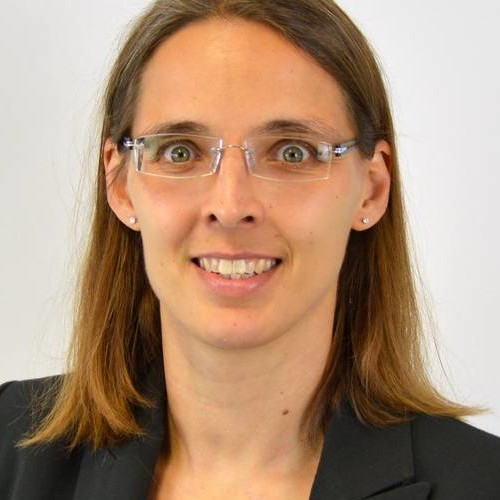
Prof Swantje Bargmann
(University of Wuppertal, Germany)
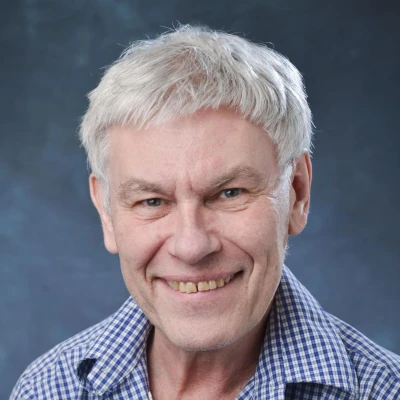
Prof Bengt Fornberg
(University of Colorado Boulder, USA)
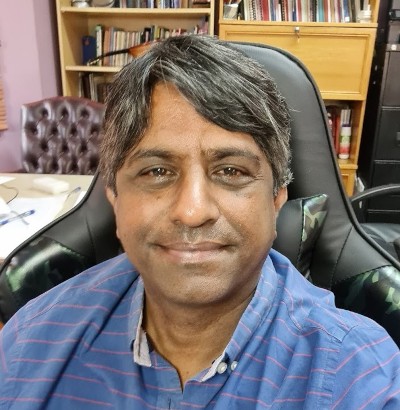
Prof Sudan Hansraj
(University of KwaZulu-Natal)

Prof Dephney Mathebula-Periola
(University of Fort Hare)
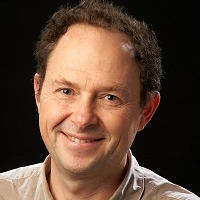
Prof Paul Milewski
(Penn State University, USA)
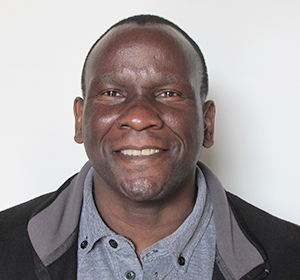
Prof Precious Sibanda
(University of KwaZulu-Natal)
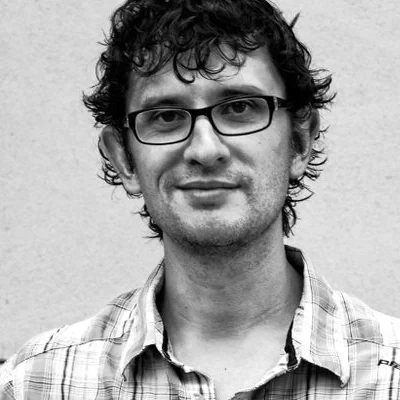
Prof Geoff Vasil
(University of Edinburgh, UK)
Talk title: Sphere we go again: lessons on solving equations in curved spaces with polynomials and tensors
Bio: Prof Vasil did his PhD in Geophysical and Astrophysical Fluid Dynamics at the University of Colorado. Before that, he studied mixtures of Pure and Applied Mathematics, and Theoretical Physics. He works on topics surrounding Physical Applied Maths, Fluid Mechanics, Plasma Physics, Solar Magnetohydrodynamics and Mathematical Computing.
Since 2012, he has been a founding core-team member of the open-source Dedalus project: http://dedalus-project.org
Recently, Dr Vasil has been expanding into new areas. On the more pure side, the rich geometric and combinatorial structures surrounding orthogonal polynomials and special functions (useful, e.g., for the computational framework underlying Dedalus). This includes applications to probability, combinatorics, optimisation and mathematical physics. Further on the applied side, Dr Vasil has been studying differential equations on networks with contiguous edges. This work has wide-ranging applications in mathematical biology and condensed matter physics.